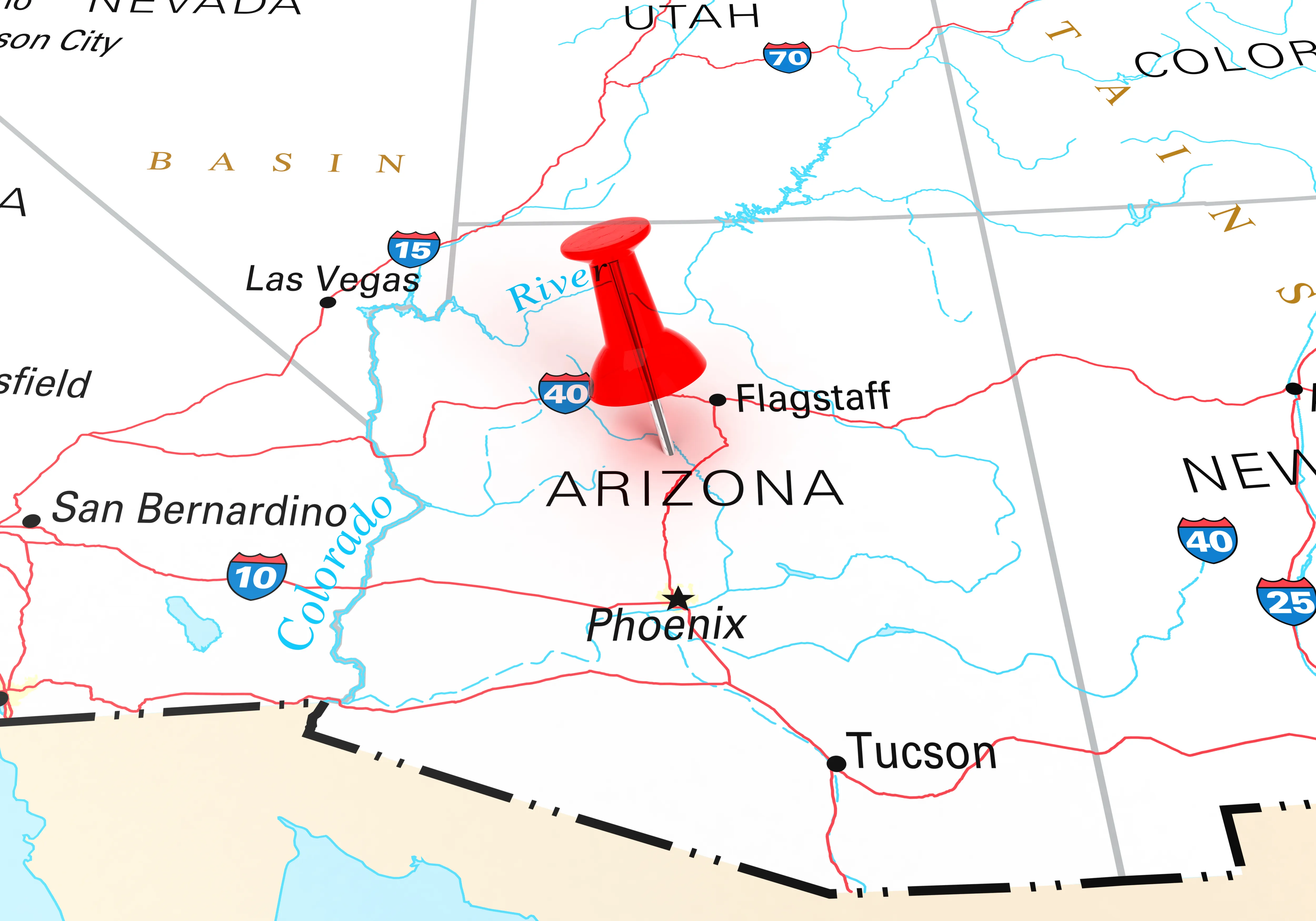
Daily Audio Newscast Afternoon Update - July 28, 2025
© INDU BACHKHETI - iStock-1336427297
News from around the nation.
Man faces terrorism charge in mass stabbing at a Michigan Walmart; Police search for suspect in killing of couple hiking with their 2 children in Arkansas park; OH policy connects renewable energy and rural workforce training; MS child care shortfall sparks call to tap unused welfare funds; Report highlights lack of investment in WI public schools.
Transcript
The Public News Service Monday afternoon update.
I'm Mike Clifford.
A man armed with a folding knife who went on a random stabbing spree that left 11 people injured at a Michigan Walmart faces a charge of terrorism in connection with the attack.
Authority said Sunday.
That for the New York Times.
The report the man identified as 42 year old Bradford James Gile of Afton, Michigan also faces 11 counts of assault with intent to murder.
And from CNN, police are searching for a suspect after a couple was attacked and killed while hiking with their two young daughters in Devil's Den State Park.
Arkansas State Police say Clinton David Brink and Kristen Amanda Brink were found dead on a walking trail in the park.
Their daughters, age seven and nine, are now safe with family members.
And a minor change in Ohio law is opening major opportunities for rural students and for local governments.
Renewable energy companies can now partner directly with career tech centers, thanks to a legislative fix championed by Geronimo Power.
Amanda Stallings is senior policy manager at Geronimo Power, formerly National Grid Renewables.
The company helped push for the update to Ohio's Payment in Lieu of Tax, or PILOT, program.
She says CareerTech centers were previously excluded from participating in education agreements under the program, which felt unfair to students in rural communities.
They turn out valuable folks that contribute to society.
We should be helping to support those any way we can.
The change does not draw from public funds.
Instead, developers independently fund the agreements.
I'm Eric Tegedorf reporting.
Next to Mississippi, where childcare assistance programs are set to lose critical federal pandemic funding, putting thousands of low-income families at risk.
As the childcare crisis expands, advocates say the state needs to tap welfare funds to provide relief.
Carol Burnett with the Mississippi Low-Income Childcare Initiative explains how unspent funds from the Temporary Assistance for Needy Families program could bridge the gap.
Child care is an allowable use.
Mississippi has about $156 million in unspent TANF money right now.
And that's what we're pushing our state to turn to as a revenue stream to put into the child care program so that we can stop kicking people off child care.
I'm Tramell Gomes.
And a new report shows Wisconsin spending on education continues to fall behind the national average.
The Wisconsin Policy Forum study shows The state spent less than $15,000 per student.
In 2023, nearly 10 percent less than the national average.
Jo Ellen Pauls is a retired Middleton Cross Plains special education teacher.
There is no per pupil increase for two years, no increase.
That's a funding freeze.
And that puts a lot of districts in a hard place scrambling to determine how do we even just get through this school year?
Among Midwestern states, Wisconsin ranked first per pupil spending on public schools back in 2002.
Its ranking has since dropped to seventh among Midwestern states and 26 nationwide.
This is Public News Service.
Communities across Tennessee are celebrating the anniversary of the Americans with Disabilities Act with events, proclamations, and public recognition.
The ADA is a civil rights law that prohibits discrimination against people with disabilities and ensures equal access in employment, education, transportation, and public life.
Sarah Sampson with Tennessee Disability Coalition says the ADA has a meaningful impact, affirming that people living with a disability are worthy of dignity and equal opportunity.
It means that kids with disabilities can play at the park and Memphis together.
It means that Nissan in Franklin has to post accessible job applications and grocery stores in Johnson City have cord cuts so that folks in wheelchairs can get in.
Today the Centers for Disease Control and Prevention report that nearly 1.8 million Tennesseans are living with a disability.
Danielle Smith reporting.
We head next to Alaska where rural power customers are likely to pay higher electricity rates as a result of the elimination of incentives to switch away from traditional fossil fuels.
More than 90 percent of Alaska residents rely on power cooperatives for electricity, which have made an effort in recent years to invest in wind and solar, especially in the most remote areas.
Alaska Energy blog author Erin McKittrick says ratepayers will pay higher prices as a result of fewer alternative energy options.
Renewable energy is holding out this promise to maybe keep rates down, but the way things are going, we may not get that option, or if we get it, it might be more expensive than it is otherwise.
So everybody's going to see their rates go up.
Alaska Republican Senator Lisa Murkowski tried to negotiate some alternative energy tax credits back into the bill for her state just prior to a final vote, but was not able to secure money for Alaska's indigenous whale hunters.
I'm Mark Moran.
Finally, the uncertainty in public schools is continuing, even as the Trump administration released K-12 funding that had been withholding.
In Illinois, $280 million in federal funds were frozen for a number of weeks, placing an additional burden on struggling school districts.
Illinois relies on that money for about 12 percent of its education budget.
But John Berkey with the Large Unit District Association of Illinois says low income school districts depend on the funding more than others.
He says Chicago Public Schools, the state's largest school district is especially vulnerable.
The impact of this is very different depending on the district.
It's bad for every district, but it's not equal for every district.
And so some are being impacted by this more than others.
The Trump administration has said it will now release all frozen funds, but did not provide a clear timeline.
I'm Judith Ruiz Branch reporting.
This is Mike Clifford, and thank you for starting your week with Public News Service.
Member and listener supported.
Find our trust indicators at publicnewsservice.org.















